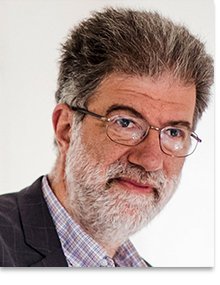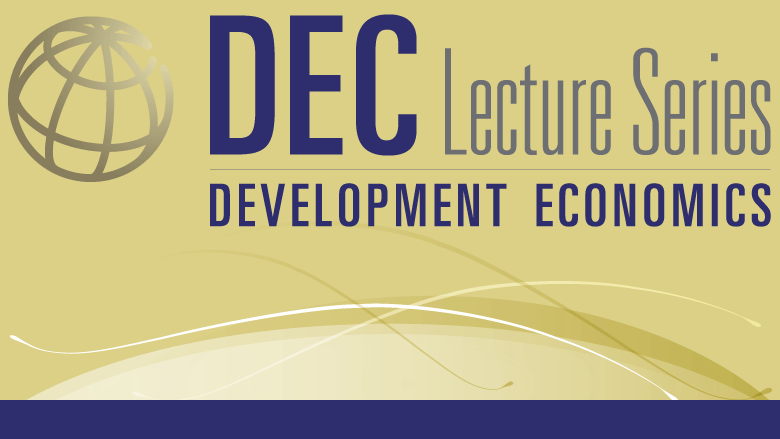


Public-private partnerships (PPPs) have emerged as an option to provide infrastructure services, somewhere in between public provision and privatization. The experience with PPPs during the last 25 years has been mixed. This presentation takes stock with the worldwide experience with PPPs and seeks to answer three main questions: When are PPPs the best way to provide and finance infrastructure facilities? If a PPP is selected, how should the contract be designed? And what is the appropriate structure of PPP governance?
The presentation is based on the book "The Economics of Public-Private Partnerships: A User's Guide", co-authored with R.Fischer and A.Galetovic and published recently by Cambridge University Press.
The Development Economics Vice Presidency (DEC) launched its lecture series in April 2005 to bring distinguished academics to the Bank to present and discuss new knowledge on development. The purpose of the Lecture Series is to introduce ideas on cutting edge research, challenge and contribute to the Bank's intellectual climate, and reexamine current development theories and practices. The Lectures revisit issues of long-standing concern and explore emerging issues that promise to be central to future development discourse. The Lecture Series reflects DEC’s commitment to intellectual leadership and openness in embracing future challenges to reduce poverty.
The DEC Lecture Series is chaired by Kaushik Basu, Senior Vice President and Chief Economist, and includes a presentation and floor discussion.